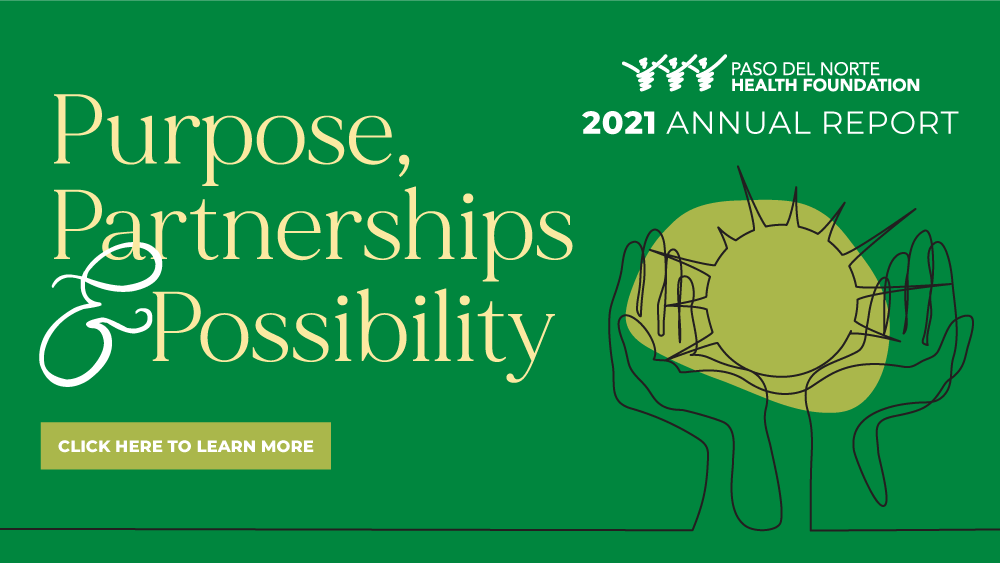News
Join the Movement
November 13, 2017
No individual or family should be isolated when confronted with a behavioral health problem. Reducing the stigma often associated with mental illnesses is pivotal when addressing what needs to be done to improve services. The El Paso Behavioral Health Consortium has partnered with other community organizations in support of the “Okay to Say” campaign. The campaign creates a movement for talking openly about mental illness and helping people find the resources and treatment they need.
The Okay to Say campaign is a community-based movement initiated by the Meadows Mental Health Policy Institute with support from community partners to increase public awareness about mental health issues in Texas, dispel stigma, and break down cultural barriers surrounding mental illness in Texas and beyond.
The campaign features hundreds of fellow Texans and celebrities (Emmitt Smith, Mark Cuban, Jose Altuve) on television and social media using their voices about it being “Okay to Say” “I’m bipolar… My spouse is battling depression … My child has a disorder … I’m ready to help … I support erasing the stigma of mental health.”
Visit www.okaytosay.org or follow Okay to Say social media platforms (#okaytosay) to begin an open dialogue about mental health issues and the challenges and successes people encounter when they seek help for this treatable disease.
Join the movement. Stand up, speak out. Make it “OK” to talk about mental illness. Let’s help make Texas a healthier place to live for all. To learn more or show your support, visit okaytosay.org.
Meadows Mental Health Policy Institute for Texas is a nonpartisan, nonprofit working to change the condition of mental health in Texas.
About Mental Illness
3 in 4 Texans have a friend or family member who has experienced a mental health issue.
2/3 of people with a diagnosable mental illness do not seek treatment.
88% of Texans agree that stigma surrounding mental health issues needs to be removed.
74% of Texans agree more education and information would make them feel more confident about mental illness.
Back to News

